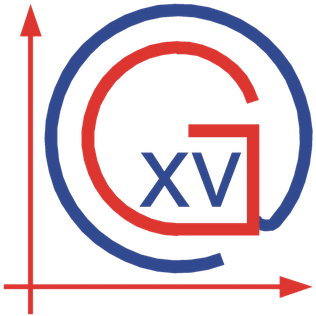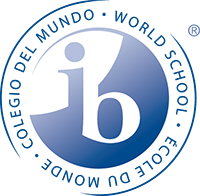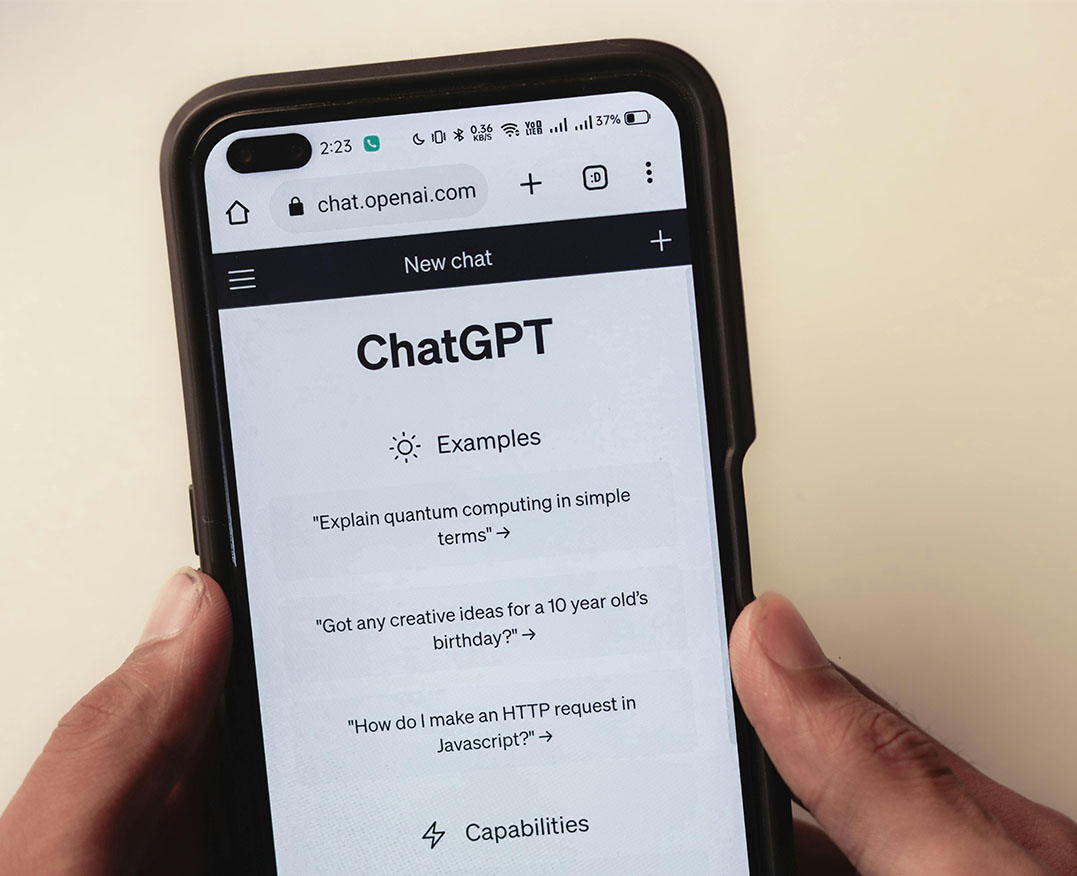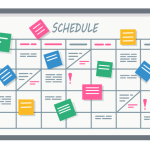The arrival of artificial intelligence software such as ChatGPT has sparked debate among teachers around the world, including the International Baccalaureate (IB) community. While some are afraid that such technology encourages cheating, others see it as a helping tool. So, should ChatGPT be banned in IB schools? By the official IB stance, the answer is no. The IB recognizes that AI is increasingly becoming an everyday tool, the equivalent of a spell checker or a calculator. Instead of banning AI, the IB advocates adaptation on the part of students and teachers. The use of tools like ChatGPT must be in line with the IB academic integrity policy: AI-generated content must be clearly labeled, referenced within the work, and included in the bibliography. This offers clarity and fairness.
Being a student myself, I don’t think ChatGPT should be banned, but it should not be used for wrong purposes. It is morally wrong to write essays with the help of ChatGPT and submit them as your own effort. The content is already traced through software like Turnitin as AI driven work, so submitting it as individual work is unethical and risky. However, there is no doubt that ChatGPT can be a resource. It can be used to help generate ideas, break down tricky problems, or explain difficult-to-grasp concepts, much like a tutor or research assistant can. Responsibly applied, it enhances learning instead of replacing it.
In conclusion, ChatGPT banning is a wrong turn. What must be done is educate the students on how to use AI both ethically and efficiently. When using any other resource, proper citation is needed. With regulations in place and proper utilization, AI can simply be an enhancement to education – the same way search engines were when they were introduced in 1990.




